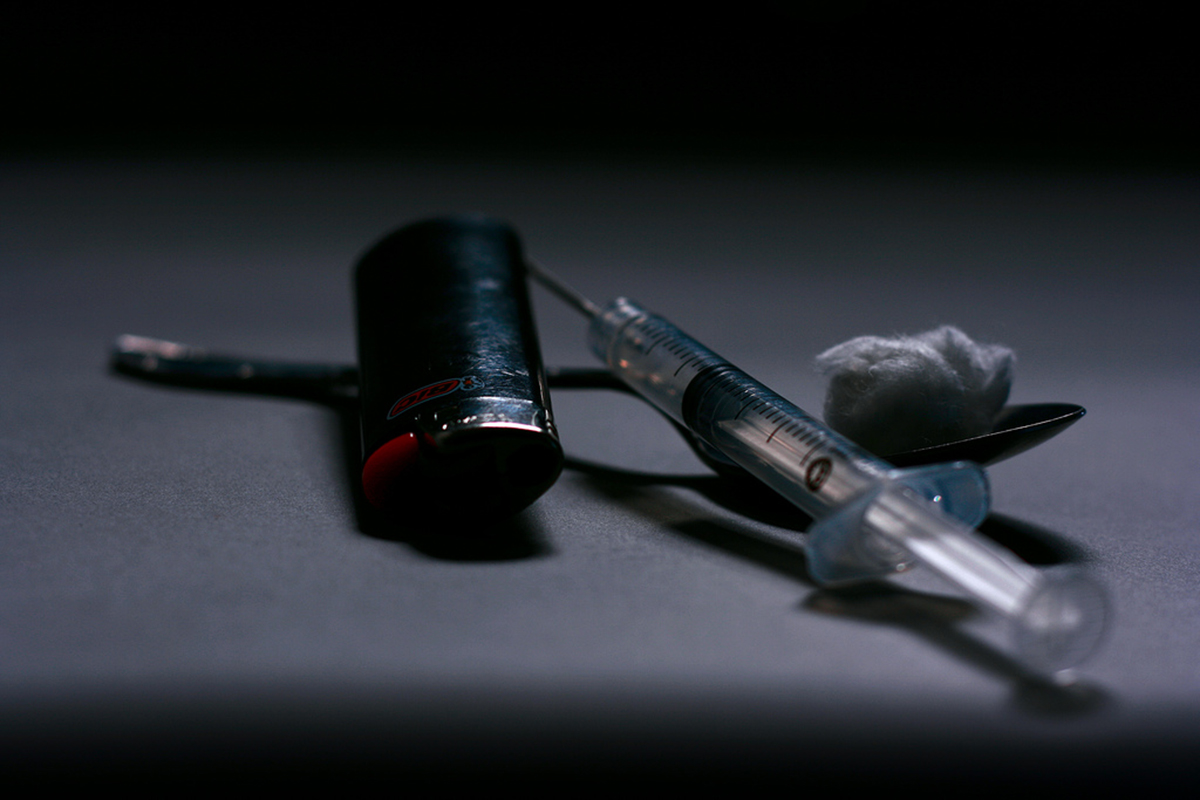Table of Contents
The drug detox process can seem overwhelming at first. The fear of symptoms can make a person hesitant to enter detox, and not all approaches work for everyone. But there are options in the detox process.

Methods Of Drug Detox
Different types of drug detox programs are available. The type of program that may work best for an individual varies according to several factors. For example, some people are comfortable doing an inpatient detox program while other prefer to detox at home. Below are a few detox options to consider.
A person undergoing rapid detox most do so in a treatment facility and be medical supervised. The process involves placing a person under anesthesia and administering drugs which accelerate the detox process. Since the patient is sedated, they do not feel the withdrawal symptoms. Although it may seem like a quick fix, rapid detox can have complications. Being under anesthesia for extended periods of time can have risks.
Another type of detox process is conventional medical management either at home or in a treatment center. Conventional medical management detox involves the use of various medications, such as methadone, to reduce withdrawal symptoms. During the acute stage, inpatient treatment is usually advised. But patients can continue their medication regimen at home after the acute phase.
Staying Clean And Sober After Detox
A comprehensive treatment program is needed to help someone remain drug-free. Detox may help someone get through withdrawals, but it does not prevent the cravings or psychological addiction to the drug. A drug treatment program should include long-term management and support. Long-term support should include individual and family counseling to help an individual deal with issues, which may have led to drug or alcohol abuse. Family counseling can address dynamics, which contributed to addiction.
In addition to drug or alcohol abuse, an individual may also have other mental health issues, such as depression, anxiety or post-traumatic stress syndrome. A comprehensive program should also offer treatment for those with a dual diagnosis. After completing a detox program, it is important to have continued medical care. Physical conditions, such as pain, which may have led to self-medication with alcohol or drugs needs to be treated.
Education also needs to be part of a detox and treatment program. Participants need to understand their triggers for drug use and how to deal with cravings. Relapse prevention is another essential component of treatment, which is needed after detox. In some instances, life skills classes can be helpful. For instance, life skills classes can teach someone how to deal with everyday activities and responsibilities they may not have dealt with while abusing drugs.
See Also: Drug abuse side effects: Hallucinations
- www.drugabuse.gov/publications/teaching-packets/understanding-drug-abuse-addiction/section-iii/7-medical-detoxification
- www.health.harvard.edu/newsweek/Treating_opiate_addiction_Detoxification_and_maintenance.htm
- www.northshorelij.com/find-care/services-we-offer/detoxification
- http://www.samhsa.gov/data/sites/default/files/NSDUHresultsPDFWHTML2013/Web/NSDUHresults2013.pdfPhoto courtesy of Mufumbo via Flickr: www.flickr.com/photos/57265953@N06/5288348865
- Photo courtesy of Symic via Flickr: www.flickr.com/photos/symic/2870348905


Your thoughts on this